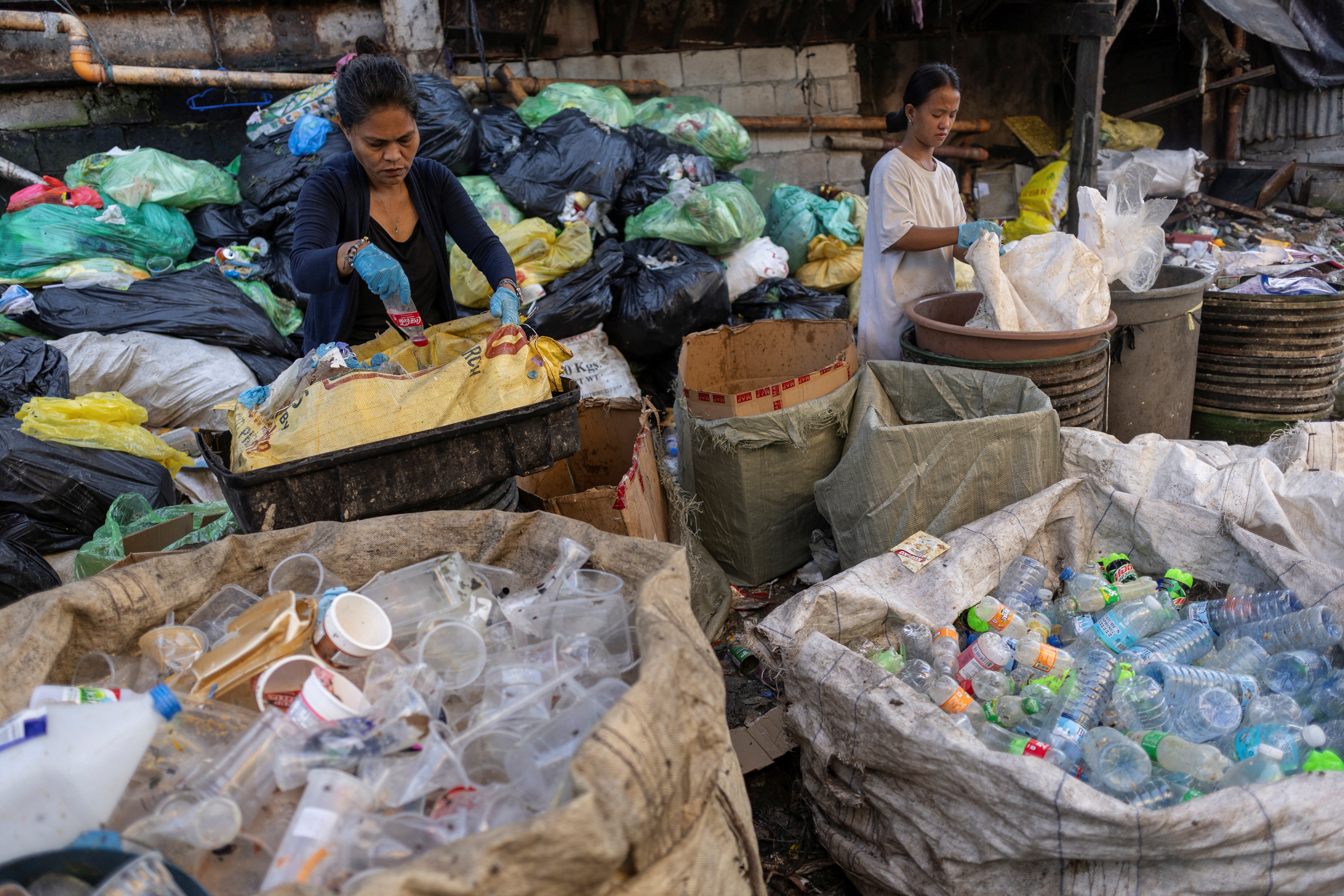4 ways the sharing economy can change the world

Two years ago at Davos, the sharing economy was a foreign concept. Whenever I asked anyone I met if they had heard of the phrase, I would receive blank stares. Perhaps 5% of people had heard of Airbnb (though they rarely used it). Quite a few more had heard of Zipcar – maybe around 20% of the people I spoke to – but most of them admitted that their familiarity was due to the company’s acquisition by Avis earlier that month.
The year 2015 was when the sharing economy arrived, full force, in Davos. The majority of people I spoke to were familiar with the term, and many had even used sharing economy services. Moreover, the discussions about sharing as “disruptive innovation” focused on the potential positive benefits. That doesn’t meant to say they ignored the challenges and unknowns, but most people recognized that these new business models are here to stay. Far from being afraid of these services and the changes they would bring, most people were accepting of them. In fact, many were curious to know how to participate in, rather than ban, these new platforms and services.
The sharing economy also provided an ideal lens to explore and contribute to other key Davos themes: trust, the circular economy, urbanization, and global development.
Trust
On the first day, Professor Klaus Schwab, the founder and executive chairman of the World Economic Forum, said that trust was the defining issue for the Annual Meeting. Around the world, business and government are suffering from massive trust deficits. However, the emphasis was always on traditional approaches to trust. New notions of trust – and new models of building it, such as platforms like Traity and peer reviews – were rarely featured in sessions. The sharing economy is full of these models and meaningful insights. Looking ahead, what could the Forum community learn from them?
The circular economy
The Circular Economy Award was one of the most talked-about events of Davos, celebrating pioneers in sustainability and zero waste. Several nominees came from the sharing economy, including Lyft, SpareToShare and ParkFlyRent. The nexus between the circular and sharing economies is increasingly robust. In the future, we should expect to see more overlaps and collaboration (zero-waste products designed specifically to be shared, anyone?).
Urbanization
The sharing economy presents significant opportunities for cities: from resource efficiency to local economic investment, community connectedness and resilience. It naturally harnesses hyper-local and citizen-led innovation. Although there were many rich discussions about its role for the future of urban development, it is essential to involve more mayors (and other visionary local leaders) in Davos to reach its full potential. To do otherwise leaves value on the table, for business, policy-makers and residents alike.
Global development and Sustainable Development Goals
Davos this year presented an unprecedented opportunity and venue to bridge trends in the sharing economy with global development issues. A range of insights surfaced, from how peer-to-peer networks could help measure and meet Sustainable Development Goals, to addressing sustainable consumption vis-à-vis the emerging middle class, to the significant (yet largely untapped) role for impact investors. It was incredibly exciting to see – for the first time – the CEOs of large companies, non-profits, consultancies and think tanks finally start to have these conversations.
“Purpose-driven business” was one of the most commonly heard phrases at Davos. We should keep in mind that many sharing economy companies and platforms have social purpose built into their DNA: they exist because of community, and they thrive because of social impact.
Author: April Rinne is Adviser at Sharing Economy, Shareable Cities; she is also a Young Global Leader
Image: A cyclist passes a newly installed line of bike bays near Battersea Power Station in west London July 29, 2010. REUTERS/Toby Melville
Don't miss any update on this topic
Create a free account and access your personalized content collection with our latest publications and analyses.
License and Republishing
World Economic Forum articles may be republished in accordance with the Creative Commons Attribution-NonCommercial-NoDerivatives 4.0 International Public License, and in accordance with our Terms of Use.
The views expressed in this article are those of the author alone and not the World Economic Forum.
Stay up to date:
Innovation
Related topics:
Forum Stories newsletter
Bringing you weekly curated insights and analysis on the global issues that matter.
More on Circular EconomySee all
Wesley Spindler, Laura Fisher and Luna Atamian Hahn-Petersen
November 18, 2025







